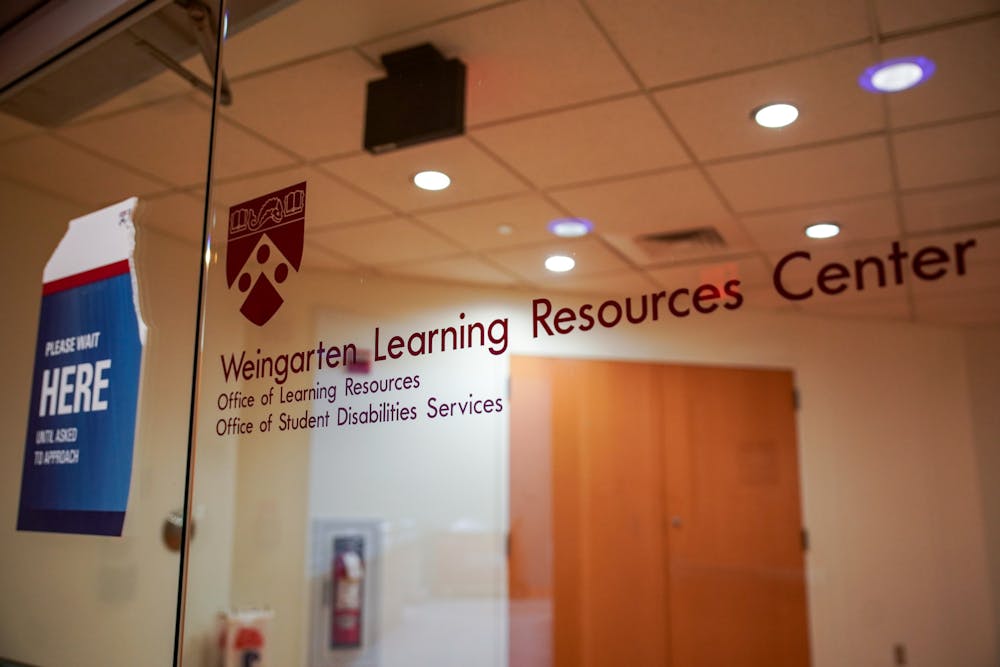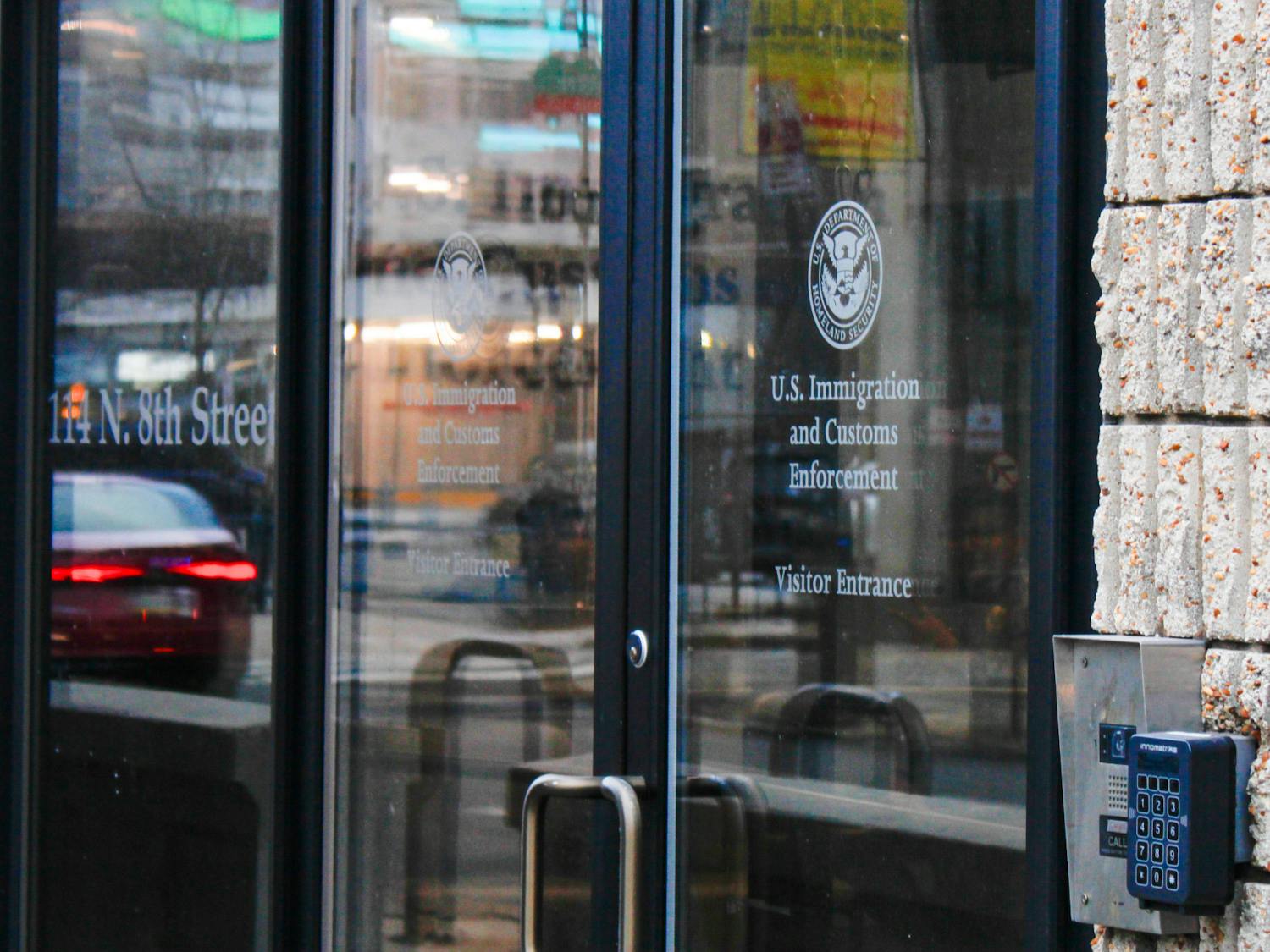During my first month at Penn, it was quickly apparent that I couldn’t do college the same way everyone else does. I had little energy to go to classes and mandatory events, let alone attend parties and live out the typical “college experience.” I was struggling with my classes in peculiar ways. Namely, I had a harder time walking to and from class than keeping up with the content itself.
Cue what I call “the shuffle.” I would visit one office after another, walking in with the same few questions. Who could I talk to about the accommodations I needed? Who would believe that I had a problem? Who could figure out what was wrong? Typically, I would leave with more questions than I started, along with a contact for some other office. As I dragged myself to multiple meetings a week, inevitably crashing afterward, I kept returning to one question: Where do you find support when it’s unclear who can help you?
Resources at Penn are abundant but not easily navigable, and many students who acutely need help are falling through the cracks.
In June, even before I set foot in the United States, I’d started with disability services. Over the course of the next five months, I made my way through Student Health, CAPS, learning consultants, academic advisors, professors, CaseNet, and much more. One evening, I made a list of everyone I’d reached out to for help: It amounted to over 40 people across Penn, faculty, staff, and specialists alike.
Although my health will always be a work in progress, I’ve come out of the experience with much of the help I initially needed. I’ve learned from my many meetings that there is very real and tangible support available at Penn — I came out of the experience with competent healthcare professionals who were able to provide documentation to get accommodations approved, particularly welcoming (and accommodating) faculty and staff at the college houses, along with upperclassmen and friends who shared their experiences and knowledge of what was out there.
Still, I believe there’s much to be improved about the accommodation process. It was difficult to be able to pinpoint which offices were responsible for dealing with problems like mine, and the steps I would need to go through were not transparent. I had spent much of my search trying to understand what type of documentation I needed, for instance, and which doctors and/or specialists would be able to provide the “right type of” paperwork.
Especially when you have a complex and pervasive medical issue like mine, you run into many dilemmas. When one problem is impacting your academic performance, social life, and mental health, where do you start? Learning specialists? Cultural centers? CAPS?
Additionally, there are few people you can reliably go to when you’re in the stage of figuring out what is wrong. Students who already have been diagnosed with a disability go through the process of consulting with a healthcare professional and submitting a letter and an accommodation request, which can be hard to figure out in and of itself. However, those who are not yet at that point will have to wrestle with finding hospitals around Penn, understanding their insurance, and finding a healthcare provider who will provide the right kind of paperwork for disability services.
SEE MORE FROM JESSEY SHIN:
With a body incapable of sitting up for half an hour a lot of the time, I spent so much of my time and resources trying to understand how Penn deals with disability, and setting up systems that could make it possible for me to continue my studies without irrevocably damaging my health.
I was fortunate to eventually find a doctor who suspected that I may have a chronic illness. However, this is certainly not the case for everyone. Moreover, the students who need the most support are also disproportionately more likely to lack the means to find available help.
For those in the same place as me, I have a few pointers: If your problem clearly pertains to disability, or if you suspect that may be the case, reach out to Disability Services sooner rather than later. On their portal, you have the option to schedule a meeting with a disability specialist or learning consultant. The former will require you to submit an accommodation request, even if you aren’t asking for one just yet. Additionally, you can ask to be connected to their wonderful case manager if you need help coordinating with Penn and healthcare provider(s).
For identity-related issues, the cultural resource centers may be worth visiting, and a variety of student organizations deal with this as well. Both CAPS and Let’s Talk sessions are available if something is impacting your mental health.
If you have a more complex problem, or aren’t sure where to start, the college office (or your advisor, if you’re in other schools) can be a good bet. Advisors can help you identify what you’re struggling with, give you suggestions on offices and contacts to reach out to, and maybe even walk you through the trickier parts of the process. Generally, they can take some of the load off of finding what works for you.
Ultimately, Penn is one of few places in the world where resources are not scarce. There is plenty of support around, so long as you know where to look; yet, it’s difficult to make the most of what’s available because few people have a clear-cut understanding of what is out there.

JESSEY SHIN is a College first-year from Seongnam-si, South Korea. Their email is jessey0@sas.upenn.edu.









